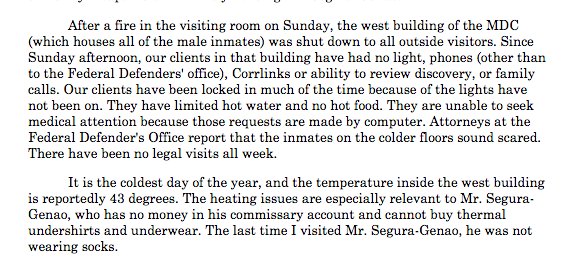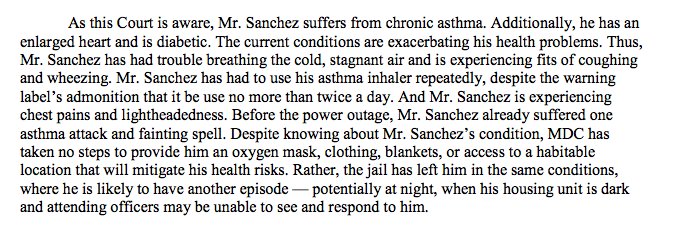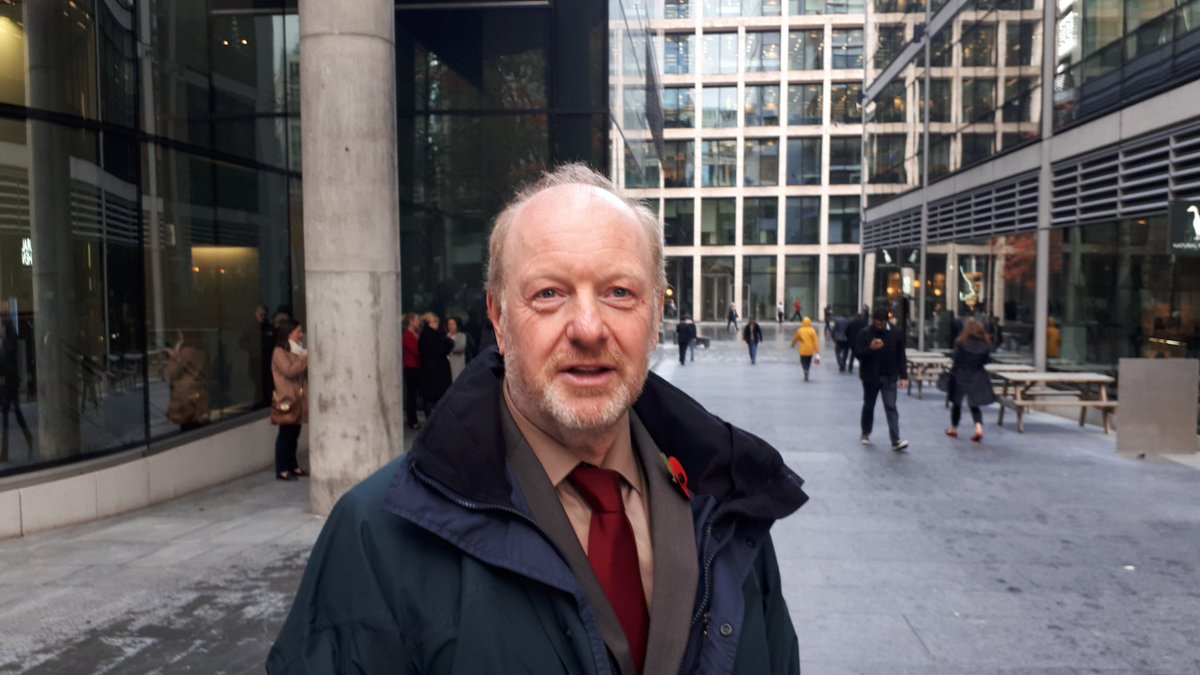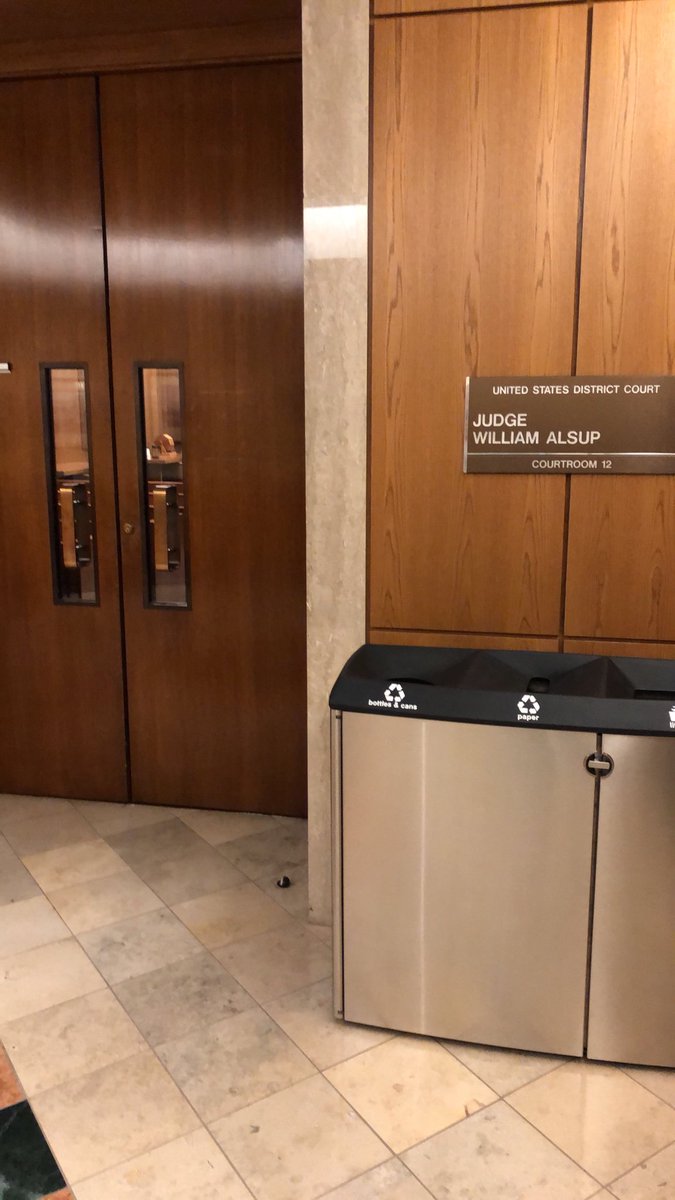"As he sits here before the court, he literally has nothing left."
"If I could take it back I would. ... I'm just so sorry for that."
He says he said on Twitter after the shooting that he didn't kill anyone because people on social media were calling him a murderer. He didn't think that was fair. He was trying to defend himself.
"I understand the impact that every other phone call I made across the nation." He says he realizes that he "was toying" with law enforcement and emergency services.
He apologizes again. "I'm still learning."
Judge calls this a complex case, in "uncharted legal territory." There aren't comparable cases to look to for guidance.
"Certainly from this community's perspective & the Finch family's perspective, they see it as the murder of Andrew Finch."
Judge says the officer who shot Finch and his family, which is knows personally, was affected by the shooting.
If Barriss was charged separately in all cases, he'd have faced maybe 10 years in prison - not the 20-25 he's facing now.
He calls events "tragic but foreseeable."
He says it's his intention to sentence Barriss to 20 years in federal prison.
150 months on Kansas cases
90 months on California cases
30 months on DC cases
First two consecutive, last one concurrent.
Judge says he struggles with the sentence but in the total scheme of things that sentence reflects the interest of justice.
He has to pay restitution in Kansas case of $5000 to victim's fund, which paid out to Finch family.
The cases resolved today involve charges from three districts: Kansas, California and Washington D.C. The Kansas case involved three people's actions - Barriss and two gamers.
McAllister says Bennett's agreement to drop the state case was instrumental in Barriss agreeing to plead guilty in the federal cases.
"I think it's a fair and an appropriate resolution" that avoids making the system conduct several trials. "The global solution was not easily achieved"...
He says "frankly I don't think he can even remember" all of the swatting calls Barriss made. There is evidence Barriss was paid nominal amounts. One time he wanted a ball cap.






